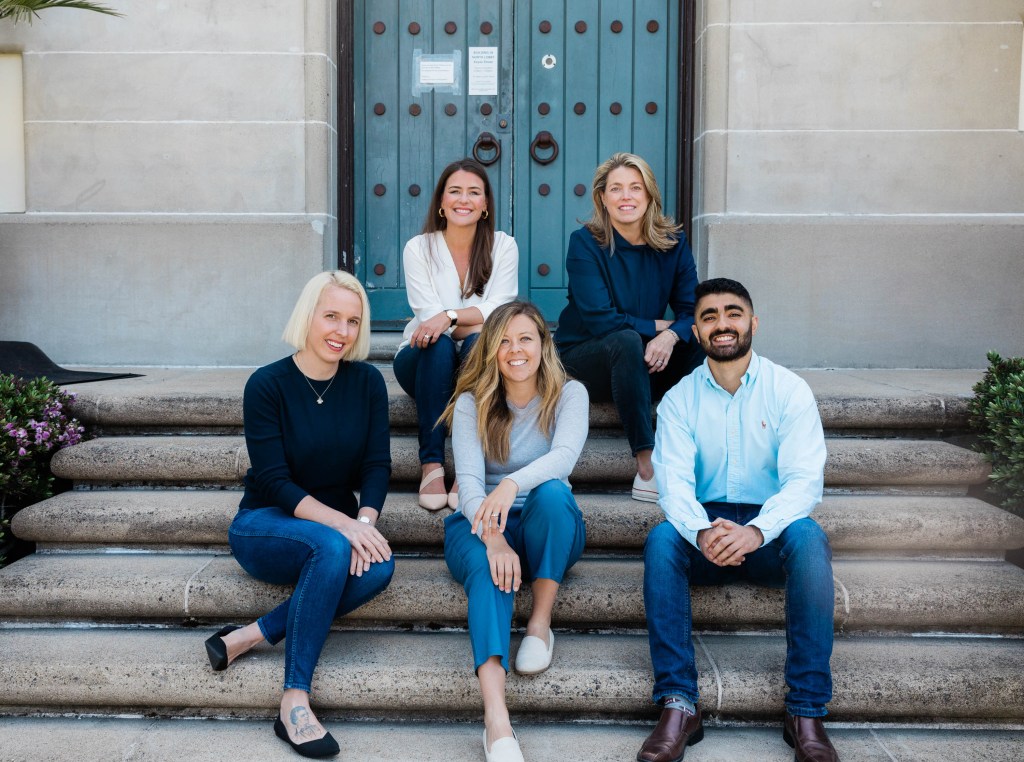Breakout Ventures, a San Francisco-based seed- and Series A-stage venture firm that funds what it calls creative biosciences startups, has closed the second fund in its five-year history with $112.5 million in capital commitments.
Both of its funds, including a $60 million debut effort that we wrote about in 2017, are backed by Dolby Family Ventures, the Thiel Foundation, GRIDS Capital, S Cubed Capital, Chris and Crystal Sacca, Tony Fadell and Zack Bogue and Matt Ocko of DCVC.
The new fund also pulled in new institutional LPs, including Cortes Capital and Cupola Funds managed by AMG National Trust.
What its high-wattage backers are betting on are two managing partners who’ve long focused on startups at the intersection of biology and technology.
Lindy Fishburne, a management consultant earlier in her career, spent more than a decade as the executive director of the Thiel Foundation, which awarded no-strings-attached grants to deep science startups until it became obvious to Fishburne that, given what she was seeing, it was time to start writing venture checks instead.
Julia Moore was meanwhile an associate director at Stanford University before joining the Thiel Foundation as a portfolio director and joining forces with Fishburne afterward at Breakout Ventures. (Moore was promoted to managing partner earlier this year; the Thiel Foundation’s model has since been retired as the two build out the Breakout Ventures footprint.)
Naturally, the bets the two are making were also critical to the fundraising process, and there was apparently plenty of progress to report, with a portfolio that features a number of highly valued startups.
Among these is Modern Meadow, a company known mostly for its lab-grown leather and that closed on $130 million in Series C funding back in April (at an undisclosed valuation). Breakout Ventures also wrote one of the first checks to Cytovale, a San Francisco-based company that has gone on to raise $50 million and is currently in the final stages of clinical trials of a new test for sepsis that generates results in less than 10 minutes. (Sepsis is the leading cause of death in hospitals, notes Fishburne.)
A third company from that first fund is Checkerspot, a company using synthetic biology and chemistry to produce novel bio-derived oils. Like Cytovale, it has now raised $50 million altogether, including from Viking Global Investors.
Breakout Ventures was an early investor in Cortexyme. The now publicly traded company is developing therapies for Alzheimer’s disease, though it encountered a related setback in October that sent it shares diving, and they have yet to recover.
Altogether, say the two, their portfolio companies have gone on to raise more than $1 billion in follow-on capital and grants. They expect the pace to pick up quickly from here, too, fueled in part by the coronavirus pandemic. Asked about the effect on Breakout by the development of vaccines to treat COVID-19, both investors say the impact was both abrupt and enduring.
“It’s been gas on the fire,” says Fishburne. “For the world to see how central science is and its capacity to now be able to move so quickly and be so responsive driven by the tools of scale that are now available, that has [created an] enormous on-ramp for our companies and the places that we play.”
She points, as one example, to a portfolio company called Phylagen, a San Francisco-based biotech company that combines microbial genomics and data analytics to solve complex problems like pandemic management and supply chain verification and which is currently working with several large tech companies to ensure their employees and customers that their offices are safe.
Moore echoes the point. “What we saw with Moderna and what we’re seeing at the board level is that [companies’] ability to code a vaccine over a weekend permanently changed the pace of innovation in biosciences. The pace at which we see our companies monitoring timelines is moving [faster] because they have more actionable information and can iterate on that information at a speed we’ve never seen before.”
Seemingly, Breakout Ventures is also moving quickly. Already, the firm has invested in three companies with its new fund, including Parthenon Therapeutics, a two-year-old, Cambridge, Massachusetts-based biotech that’s developing anti-cancer therapies and which just last week announced $65 million in Series A funding.
Asked how Parthenon fits into Breakout’s broader thesis, Moore notes that while Parthenon looks like a traditional therapeutics company, it’s “doing a lot of really interesting biomarker work. They’re working with a novel hypothesis. They have an interdisciplinary team that can do multiple different modalities.”
While tried-and-true biotech investors led the deal — in this case, Pfizer and Northpond Ventures — Breakout Ventures is already thinking differently about less traditional partnerships for the company. Says Moore: “We’re the ones asking: How do you move faster in looking at the pipeline with pathology and AI?”
Pictured above: the Breakout Ventures team, with Moore and Fishburne pictured at top, left to right.































Comment